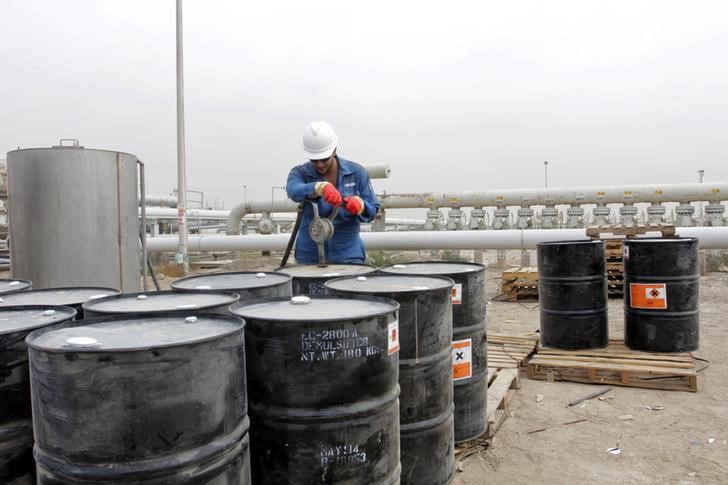OPEC+ to meet amid concern about rising virus cases
OPEC and its allies led by Russia will meet to discuss production policy amid upbeat forecasts for energy demand despite concerns about new coronavirus spikes in India, Brazil and Japan

OPEC and its allies led by Russia will meet to discuss production policy amid upbeat forecasts for energy demand despite concerns about new coronavirus spikes in India, Brazil and Japan.
The group, known as OPEC+, will hold its joint ministerial monitoring committee (JMMC) meeting on April 27 instead of April 28 as planned earlier, according to three OPEC+ sources and an OPEC+ document seen by Reuters.
The sources said it was not yet clear if OPEC+ would hold a full ministerial meeting on Wednesday as had been planned or postpone it until the end of May as production policies have already been broadly agreed for the next three months.
OPEC+, which is responsible for over a third of global production, has cut output by around 8 million barrels per day – or over 8% of global demand – including a 1 million bpd voluntary cut by Saudi Arabia.
Earlier this month, the group agreed to bring 2.1 million bpd back to the market over the May-July period, easing cuts to 5.8 million bpd.
On Monday, OPEC+ kept its forecast for global oil demand growth for this year unchanged, projecting it to rise by 6 million barrels per day (bpd) after the biggest ever fall of 9.5 million bpd last year due to the pandemic.
The group said in a report that despite the more than one billion COVID-19 vaccine doses that have been administered globally, it was concerned that the most recent surge in new virus cases in India, Brazil and Japan may derail recovering demand for oil.
Oil prices rebounded on Tuesday after falling in the previous session, with gains capped by growing concern about fuel demand in India, the world's third-biggest crude importer.
The OPEC+ report also said it expects commercial oil stocks to reach 2.95 billion barrels in July, taking them below the 2015-2019 average, and to remain below that average for the rest of the year.
It said it saw stocks at about 70 million barrels below the average for the whole of 2021, a more optimistic outlook than its previous forecast of 20 million below the average.